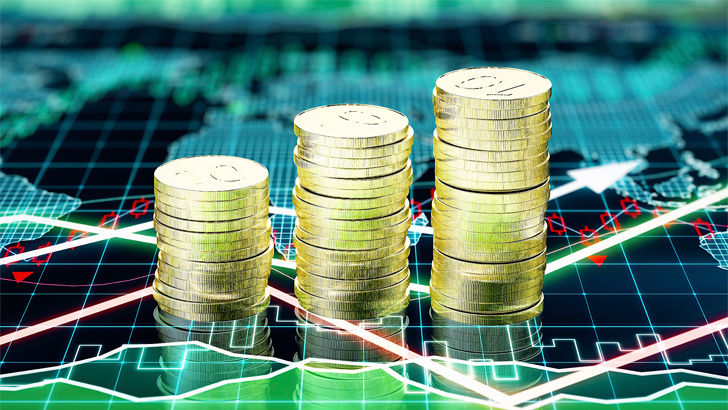What to consider when investing in international markets
By Alex Douglas
There's no doubt that investing in international markets delivers benefits to your portfolio.
For starters, it gives you access to a much bigger pool of opportunities and a wider selection of industries.
You also have the opportunity to invest in an economy that may be at a different part of the economic cycle from your home country.
Any way you look at it, when you buy or sell international shares you gain immediate diversification in your investments.
This diversification into international markets brings enormous investment potential and is generally seen as a good way to reduce the overall risk in your portfolio.
But before you go ahead, you need to consider a few key points that may affect your investment.
We look at the top three things you need to watch out for.
Taking all these into consideration will put you in a good position to tap the benefits of investing in international shares.
1. Country-specific considerations
Every country has its own strength in terms of the types of industries that make up its stockmarket.
The US is known as the home of many of the world's leading high-tech companies, many of which are listed on the NASDAQ.
This is where you go if you want to trade the likes of Facebook, Apple, Netflix and Google (the FANGs).

Aside from these tech giants, the US is also home to some of the world's largest aerospace and defence companies, such as Boeing, Rockwell Collins, General Dynamics, Lockheed Martin and Northrop Grumman.
So if you want exposure to those high-tech, high-growth industries, the US may be the best market to consider.
If you want to invest in electronics and computer equipment stocks, then consider buying shares in Taiwan, Japan or China, where some of the leading electronics makers are listed.
Australia is known for its rich natural resources, including iron ore, gold and other mineral deposits.
But it also has some of the most stable banks and financial companies in the world.
So investors wanting to get exposure to the mining sector and/or the financial services sector are likely to want to include Australian shares in their portfolio.
Depending on which industries or sectors you want exposure to, you may find the best investment opportunities are spread across a number of markets around the world.
2. Transaction costs
The outcome of a good investment shouldn't depend on the transaction costs.
In the past, the brokerage rates faced by Australians wanting to invest offshore have been a real deterrent, amplifying our already substantial home country bias. One of the reasons most often cited for a lack of direct offshore investment in the past has been the high cost.
But a convergence of technology and economies of scale has finally seen the discount broking model made available to Australian investors.
As a result, brokerage rates for investing in international markets have now fallen to levels that make these markets just as attractive as the local market.
Beyond the headline brokerage rate, different markets have their own unique fees that will apply no matter which broker you choose.
These include stamp duty, VAT and handling and clearing fees. In total, they are usually negligible amounts but you should be aware of them.
If your broker is still charging a premium for access to offshore markets, it might be time to look for a provider with more competitive pricing.
In the long run, fees and charges can make a big difference to your eventual returns.
3. Currency conversion
Another factor to consider, which is often not immediately obvious, is currency conversion and fluctuation.
If you're investing in international markets, it will involve exchanging one currency for another - for example, from Australian dollars to Hong Kong dollars, or from Australian dollars to US dollars and vice versa.
While the big banks have a reputation for charging considerable fees on currency conversions for travellers, most brokers providing international market access will give you much better rates.
Even so, there is a cost built into each currency conversion.

Ideally you want to minimise the number of currency conversions on your account.
One of the best ways to do this is to use a broker that allows you to hold foreign currencies without converting back into your home currency (Australian dollars) each time you close out a position.
Ideally, if you sell your Apple shares you should be able to hold those funds in US dollars ready for your next investment in the US market.
The same applies when trading Japanese shares in yen, Hong Kong shares in Hong Kong dollars or Chinese shares, which settle in either renminbi, Hong Kong dollars or US dollars.
Investing in international markets is a great way to diversify your portfolio and to tap into wider, deeper and more liquid markets than investing only in your domestic market.
Keep these top three considerations in mind and you'll be in a good position to take advantage of the international opportunities.
Get stories like this in our newsletters.


